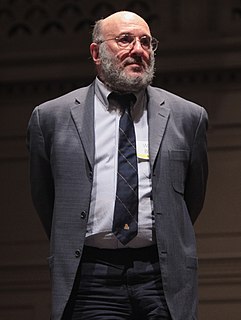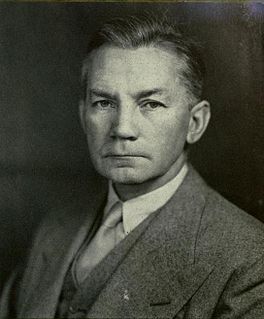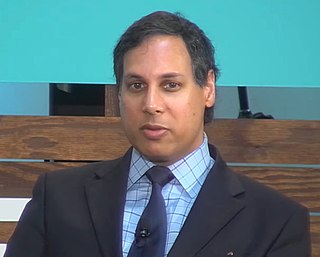A Quote by Walter Block
Protectionism is a misnomer. The only people protected by tariffs, quotas and trade restrictions are those engaged in uneconomic and wasteful activity. Free trade is the only philosophy compatible with international peace and prosperity.
Related Quotes
Though editorialists at The New York Times and The Washington Post still don't get it, most Democrats in Congress finally do: Today's trade disputes are no longer mostly about tariffs, quotas, or free entry of goods. They are about the ground rules for capitalism. Are there to be only property rights? What about the other rights that liberal democracies have fought for since the 1880s?
In a world dependent on international trade and commerce, and staggering under a heavy load of international debt, no policy is more destructive than protectionism. It cuts off markets, eliminates trade, causes unemployment in the export industries all over the world, depresses the prices of export commodities, especially farm products of the United States. It is the crowning folly of government intervention.
We spoke about economic sanctions only recently in Lima, within the framework of APEC. Almost all the leaders represented at APEC (the Asia Pacific region), Pacific countries, spoke about the same thing, namely, that we are going through a very acute crisis in world trade, international trade, related, among other things, to restrictions on the markets of certain countries.
Inflationism, however, is not an isolated phenomenon. It is only one piece in the total framework of politico-economic and socio-philosophical ideas of our time. Just as the sound money policy of gold standard advocates went hand in hand with liberalism, free trade, capitalism and peace, so is inflationism part and parcel of imperialism, militarism, protectionism, statism and socialism.

































